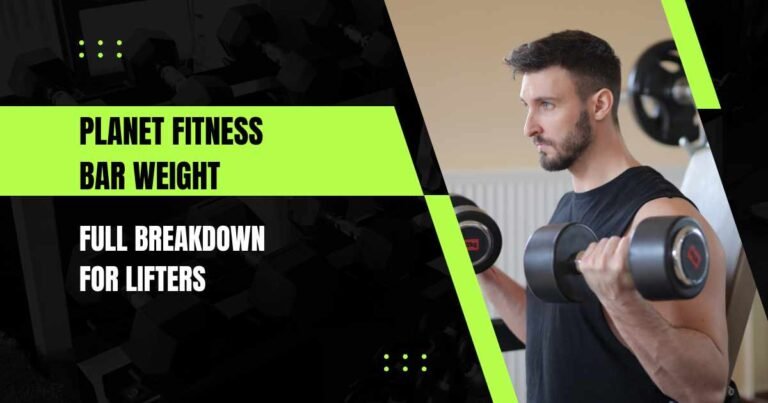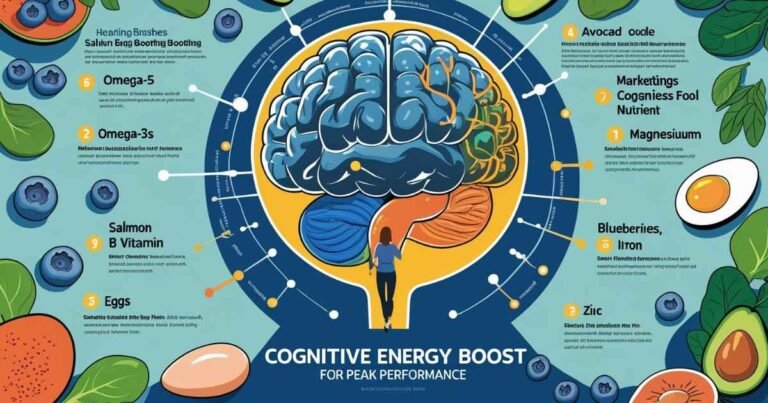Intermittent Fasting: A Simple Beginner’s Guide

Intermittent fasting (IF) has exploded in popularity over the past decade—for good reason. More than just a diet trend, IF offers a profound shift in how we nourish and care for our bodies. But is it for everyone? How do you do it correctly? This guide breaks down what intermittent fasting is, how it works, who it’s best for, and how to start without crashing.
🧠 What Is Intermittent Fasting?
Intermittent fasting isn’t about what you eat—it’s about when you eat. By cycling between eating and fasting, you break your body from constant digestion, triggering a natural fat-burning and cell-repair mode built into us since our hunter-gatherer days.
Unlike diets that require constant calorie tracking or meal planning, intermittent fasting is a lifestyle rhythm. Common methods include:
| Method | Fasting Duration | Eating Window | Description |
|---|---|---|---|
| 12:12 | 12 hours | 12 hours | Easiest for beginners |
| 16:8 | 16 hours | 8 hours | Most popular; skip breakfast or dinner |
| 5:2 | 2 days per week | 5 days normal eating | Eat 500-600 calories on 2 non-consecutive days |
| 24-Hour Fast | Full day | Once a week | One meal per day, once a week |
📜 A Practice as Old as Time
Fasting isn’t new. It’s deeply rooted in religious traditions like Ramadan, Lent, and Yom Kippur. Historically, humans didn’t eat three meals a day with snacks in between. Our ancestors ate when food was available—and fasted when it wasn’t.
Dr. Ronesh Sinha, a Silicon Valley-based physician, notes:
“Fasting is not just a physical discipline but a biological one. We are hardwired to fast—it’s only modern eating habits that have masked this powerful tool.”
⚙️ How It Works: The Science of Fasting
When you fast, your body switches from burning glucose (sugar) to burning fat—a state known as ketosis. This triggers a cascade of health benefits:
🔬 The Key Benefits at a Glance:
- Lower Insulin & Blood Sugar
- Reduced insulin levels help fight insulin resistance and type 2 diabetes.
- (Harvard Health Publishing, 2020)
- Fat Loss & Muscle Retention
- By increasing growth hormone (HGH), fasting promotes fat breakdown and preserves muscle mass.
- (Journal of Clinical Endocrinology & Metabolism, 2011)
- Improved Brain Health
- Fasting boosts BDNF, a brain protein linked to memory and learning, and reduces Alzheimer’s risk.
- Autophagy
- Your body cleans out damaged cells—like a spring cleaning for your system.
- (Yoshinori Ohsumi, Nobel Prize-winning research)
- Inflammation & Longevity
- Fasting reduces oxidative stress and inflammation, potentially increasing lifespan.
🍽️ How to Start Intermittent Fasting Safely
Starting is less about willpower and more about preparation. Here’s a plan that works for real people.
✅ Step-by-Step:
- Clean Up Your Diet First
- Replace sugary snacks and refined carbs with lean proteins, veggies, and healthy fats.
- Start Small
- Begin with a 12-hour fast (7 PM to 7 AM) and stretch the window gradually.
- Stay Hydrated
- Water, herbal teas, and black coffee are your allies.
- Mind Your Body
- If you feel weak, light-headed, or irritated, shorten your fast. You’re in control.
- Don’t Starve—Eat Nourishing Meals
- Focus on quality food during your eating window. This isn’t a starvation plan—it’s a reset.
🚫 Who Should Not Fast
Intermittent fasting is not for everyone, and that’s okay.
Avoid or consult your doctor first if you:
- Are you pregnant or breastfeeding
- Have Type 1 diabetes or take insulin
- Suffer from an eating disorder history
- Take medications for blood pressure or sugar
- Get migraines triggered by hunger
- Are you under high stress or not sleeping well
❌ Common Mistakes to Watch Out For
- Dehydration: Drink water regularly
- Overeating After Fast: Don’t binge; eat mindfully
- Skipping Nutrients: Fasting ≠ junk food excuse
- Pushing Too Hard: Give your body time to adapt
- No Sleep, No Benefits: Fasting with poor sleep = stress overload
💡 Pro Tips from Long-Term Fasters
- Use a fasting tracker app (like Zero or Fastic)
- Add electrolytes (magnesium, sodium) if you feel weak
- Black coffee or green tea can suppress hunger naturally
- Stay busy during fasting hours
- Journal your energy levels and progress
❓ FAQs
Q: Can I drink anything while fasting?
✅ Yes. Water, black coffee, and herbal teas are all allowed. No calories!
Q: Will it slow my metabolism?
❌ No. Short-term fasting can boost it.
(Source: NCBI, 2016)
Q: Can I work out while fasting?
✅ Yes. Start with light exercise; some do weight training and HIIT too.
Q: Is IF safe for women?
⚠️ It can be, but women may do better with shorter fasts (12–14 hours). Monitor symptoms and adjust.
📣 Final Thoughts: Is IF Right for You?
Intermittent fasting isn’t a miracle—but it’s a powerful, ancient tool that modern science is finally appreciating. It’s not about perfection. It’s about giving your body a break, tuning into real hunger, and nourishing yourself with intent.






